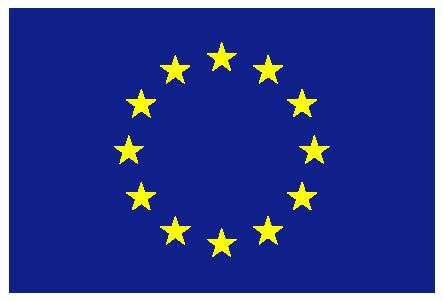 The EU Commission has no intention of proposing that the nicotine content of cigarettes should be reduced.
The EU Commission has no intention of proposing that the nicotine content of cigarettes should be reduced.
In a preamble to a question submitted to the Commission before the November meeting of the Conference of the Parties (CoP) to the World Health Organization’s Framework Conference on Tobacco Control, the Italian MEP Alberto Cirio said that among the ‘political options’ on the table at the CoP was a reduction in the nicotine content of tobacco.
‘As this is something that can only be achieved, according to the latest scientific research, by treating the dried leaves with chemical additives or by using genetically modified organisms (GMOs), the use of which is not permitted everywhere, the consequences on health and the jobs of those who make a living from growing tobacco are uncertain,’ Cirio said.
He then asked whether the Commission could clarify:
- ‘If it is true that this option is on the table;
- ‘If suitable impact assessments have been carried out, as per the “Better law-making” agreement;
- ‘What the limits of the negotiating mandate given to the Commission are, or at least if a decision on this matter would fall under its mandate or not.’
In reply, the Commission said the reduction of the nicotine content of tobacco products was ‘currently not foreseen in the EU’.
At the CoP meeting the possibilities to reduce the addictiveness of tobacco products were discussed in general terms based on a report prepared for that meeting.
‘As a result, it was decided that a meeting involving experts, regulators and stakeholders should be convened to discuss this matter further,’ the Commission said.
‘The possibility to reduce the nicotine content of tobacco products was presented at a lunchtime seminar at that session, referring to an advisory note published by the WHO Study Group on Tobacco Products Regulation.
‘While Directive 2014/40/EU on Tobacco Products regulates certain aspects of addictiveness in tobacco products (Articles 7.9, 7.11), the Commission has at the moment no intention to propose any additional measures going beyond the scope of Directive 2014/40/EU.’











